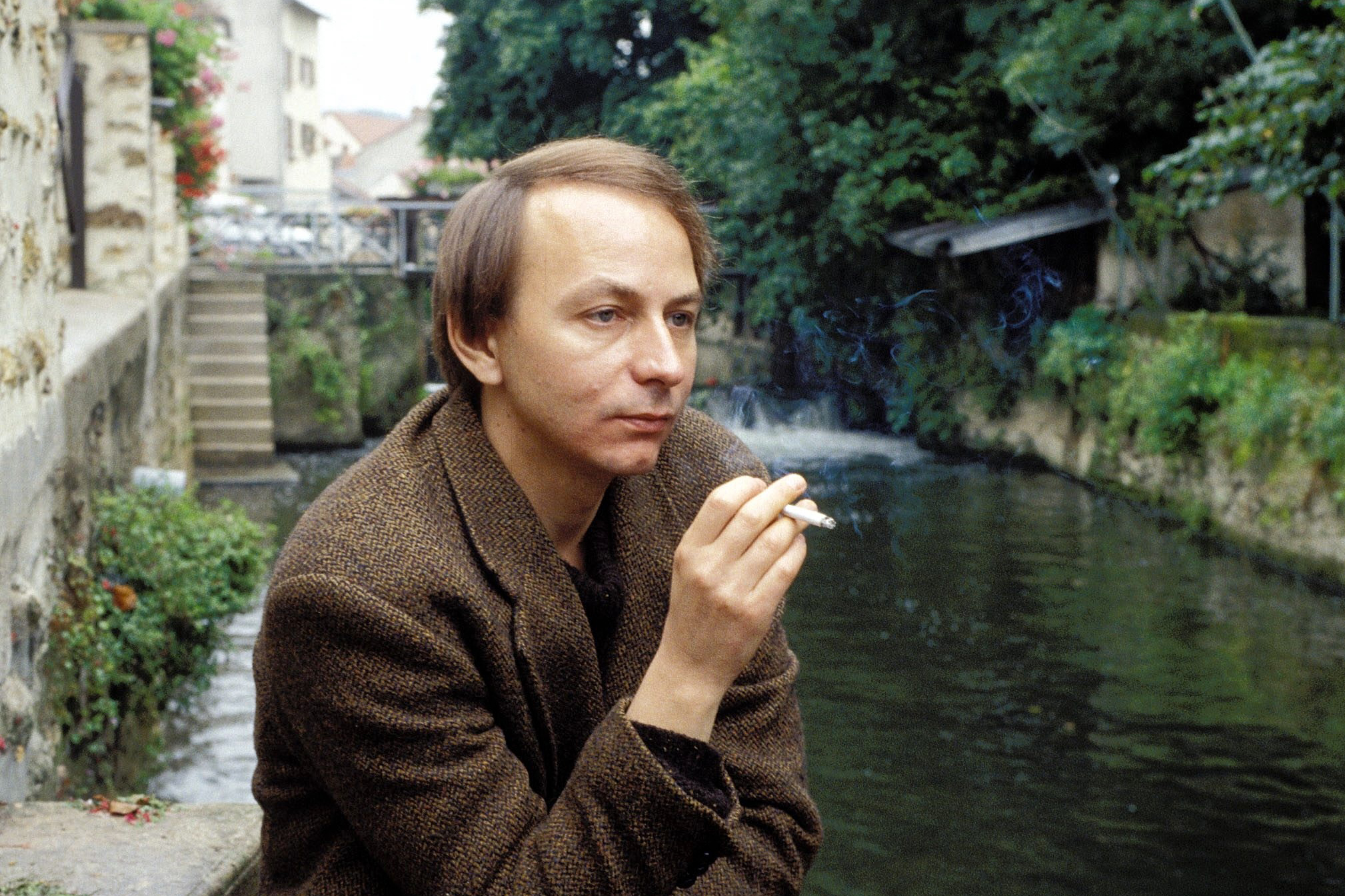Plenty of writers of fiction use their work to address questions of politics. Very few writers, however, can spark a heated debate about politics and society with nearly every book that they write. The latter is the case for the controversial French writer Michel Houellebecq.
His latest novel, Serotonin, was published in an English translation earlier this year, and was promptly analyzed by numerous critics and public intellectuals across the country. Houellebecq’s novels are largely set in either the present day or near future, and his focus on a certain kind of male alienation is both compelling and chilling (a 2018 article in The New York Times noted that Houellebecq’s work largely anticipated the “incel” movement). He doesn’t shy away from hot-button topics: religious fundamentalism (particularly as it relates to Islam), sexual frustration and issues of class suffuse much of his work. The New Republic’s review of his novel Submission cited that novel’s protagonist as possessing traits belonging to many a Houellebecq character: “isolated, cerebral and sometimes loathsome.”
Reading Houellebecq means dealing with an often-surreal blend of reactionary politics and sexual libertinism — and if your first instinct is to find those impulses contradictory, you’ve identified one of the chief tensions that makes its work bracing. It’s not coincidental that Houellebecq’s rare foray into nonfiction is a consideration of the life and work of cosmic horror pioneer and infamous racist H.P. Lovecraft — it takes a polarizing author to know one, apparently.
Writing in the Boston Review, Martin Gelin discussed the contradictory politics of Houellebecq’s writings and his readers. Gelin notes that despite Houellebecq espousing a fondness for some far-right figures, he still has plenty of readers who identify with the political left. Gelin chalks this up to the full scope of Houellebecq’s thematic reach.
“Houellebecq’s protagonists hate the permissiveness of social liberalism,” Gelin writes, “but they also hate the homogeneity of modern consumer culture, the automated checkout counters of Carrefour Express supermarkets, and the unremarkable business hotels that overlook the parking lots of midsize towns.”
Alternately, Houellebecq’s writing gets at some of the contradictory nature of recent politics, from the Brexit vote in 2016 to the group of voters who cast ballots for both Barack Obama and Donald Trump. Sometimes, individual politics don’t always make sense — or aren’t easy to map onto a simple left-right chart.
If you’re reading Houellebecq in translation, it’s a safe bet that you’re also reading about Houellebecq in translation. An enterprising editor could probably assemble a series of anthologies purely from critical reactions to each of his books. It’s not hard to see why such a provocative author would prompt thoughtful, expansive responses from so many writers: for all that Houellebecq’s politics can be frustrating and his tropes occasionally annoying, he does grapple with big issues in a way that few of his contemporaries do.
There’s also a strange funhouse mirror effect to some of his work that also helps explain his appeal. Writing in The New York Times in 2015, oped columnist Ross Douthat considered Submission, set in a near future where a branch of Islam has found a multitude of converts in Europe. Douthat notes that the novel is indeed a dystopian one, but from a different perspective than one might expect: “the dystopia is the contemporary West, and the Islamified future that Houellebecq’s story ushers in is portrayed as a kind of civilizational step forward, or if you prefer a necessary regression back to health.”
Submission is far from the only one of Houellebecq’s novels to feature speculative elements. And perhaps it’s here, too, that Houellebecq’s appeal can be seen. Plenty of essays have been written over the last few years about the increasing popularity of fictional dystopias. Houellebecq’s fiction certainly offers a number of bracing qualities found in that particular subgenre; blend it with a penchant for embracing the messiness of modern politics, and you begin to get a sense of why his work resonates with so many readers — even if that resonance is often tangled up with disgust.
This article was featured in the InsideHook newsletter. Sign up now.
